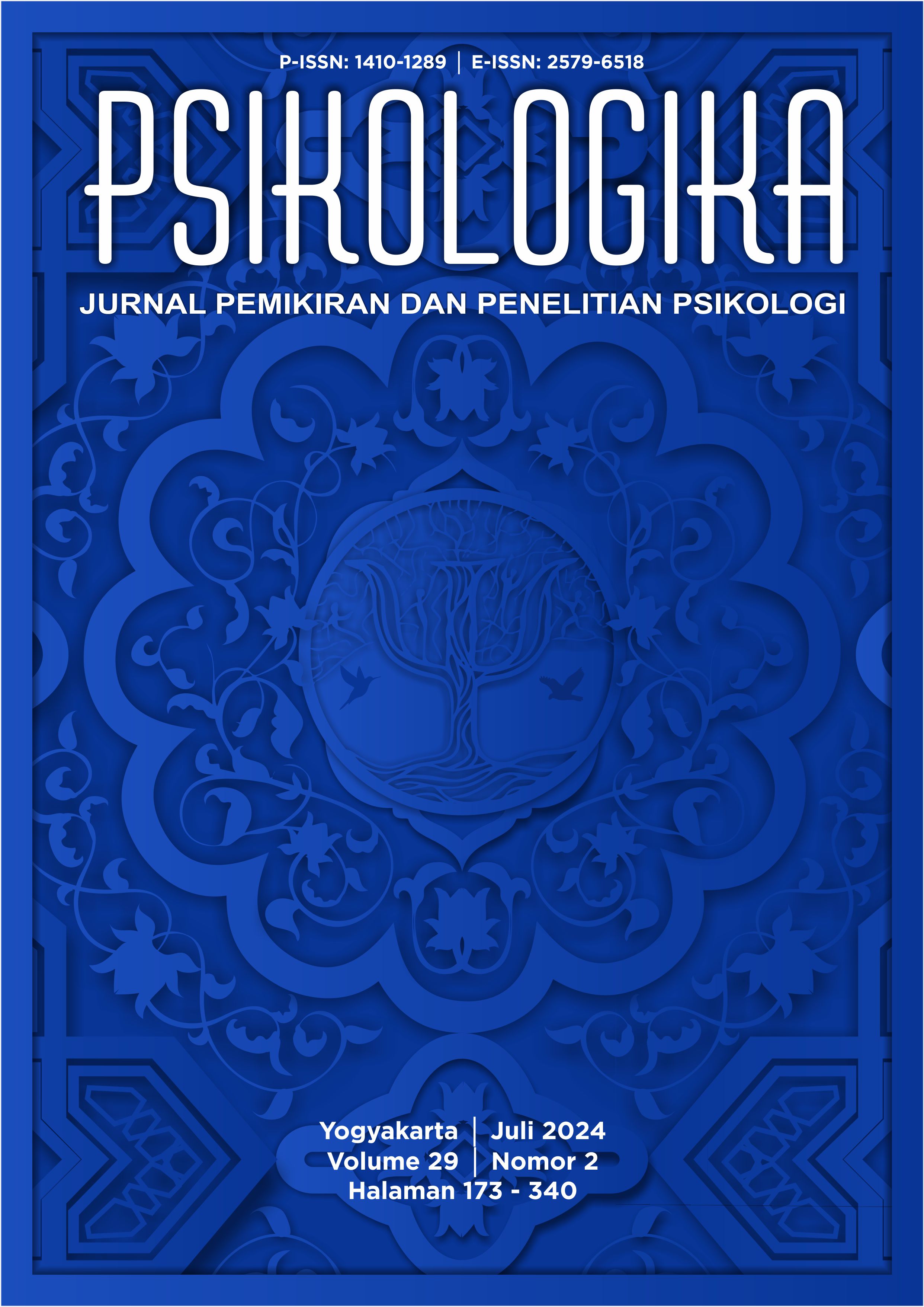Main Article Content
Abstract
Internet can be dangerous since it has become a new medium for sexual crimes against children and adolescents. This study aimed to investigate online child sexual exploitation and abuse (OCSEA) of children and adolescents. It also identified the vulnerability factors contributing to OCSEA and explored the measures to prevent and address this challenge. In this study, a systematic literature review method was used, along with the formation of PICO, language terminology, inclusion and exclusion criteria, and data collection through PRISMA. The literature review showed that OCSEA vulnerability factors included young age, perception, communication, economy, accessibility, emotional stability, population, gender, parental supervision, and children’s internet knowledge. Even though there were relevant policies, the process of handling vulnerability was still at the stage of developing framework, necessitating new and comprehensive laws to address OCSEA more explicitly. Therefore, the limited prevalence data and evidence on OCSEA prompted this study to conduct a literature review to better understand the concept, development, and context.
Keywords
Article Details
Copyright (c) 2024 Novianti Novianti

This work is licensed under a Creative Commons Attribution-ShareAlike 4.0 International License.
Authors who publish with this journal agree to the following terms:
- Authors retain copyright and grant the journal right of first publication with the work simultaneously licensed under a Creative Commons Attribution-ShareAlike 4.0 International License that allows others to share the work with an acknowledgment of the work's authorship and initial publication in this journal.
- Authors are able to enter into separate, additional contractual arrangements for the non-exclusive distribution of the journal's published version of the work (e.g., post it to an institutional repository or publish it in a book), with an acknowledgment of its initial publication in this journal.
- Authors are permitted and encouraged to post their work online (e.g., in institutional repositories or on their website) prior to and during the submission process, as it can lead to productive exchanges, as well as earlier and greater citation of published work (See The Effect of Open Access).




